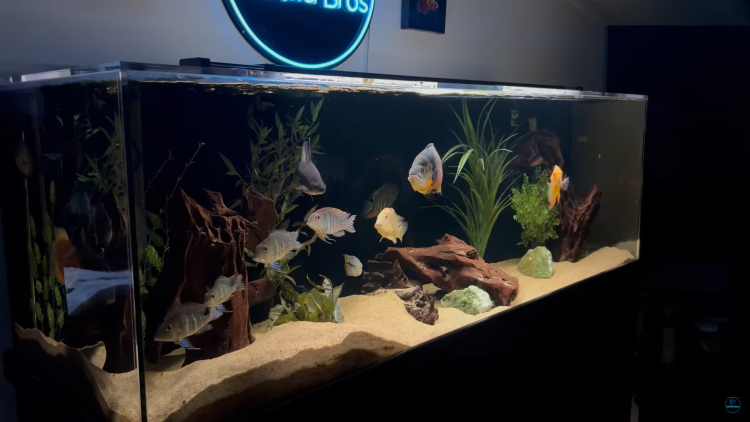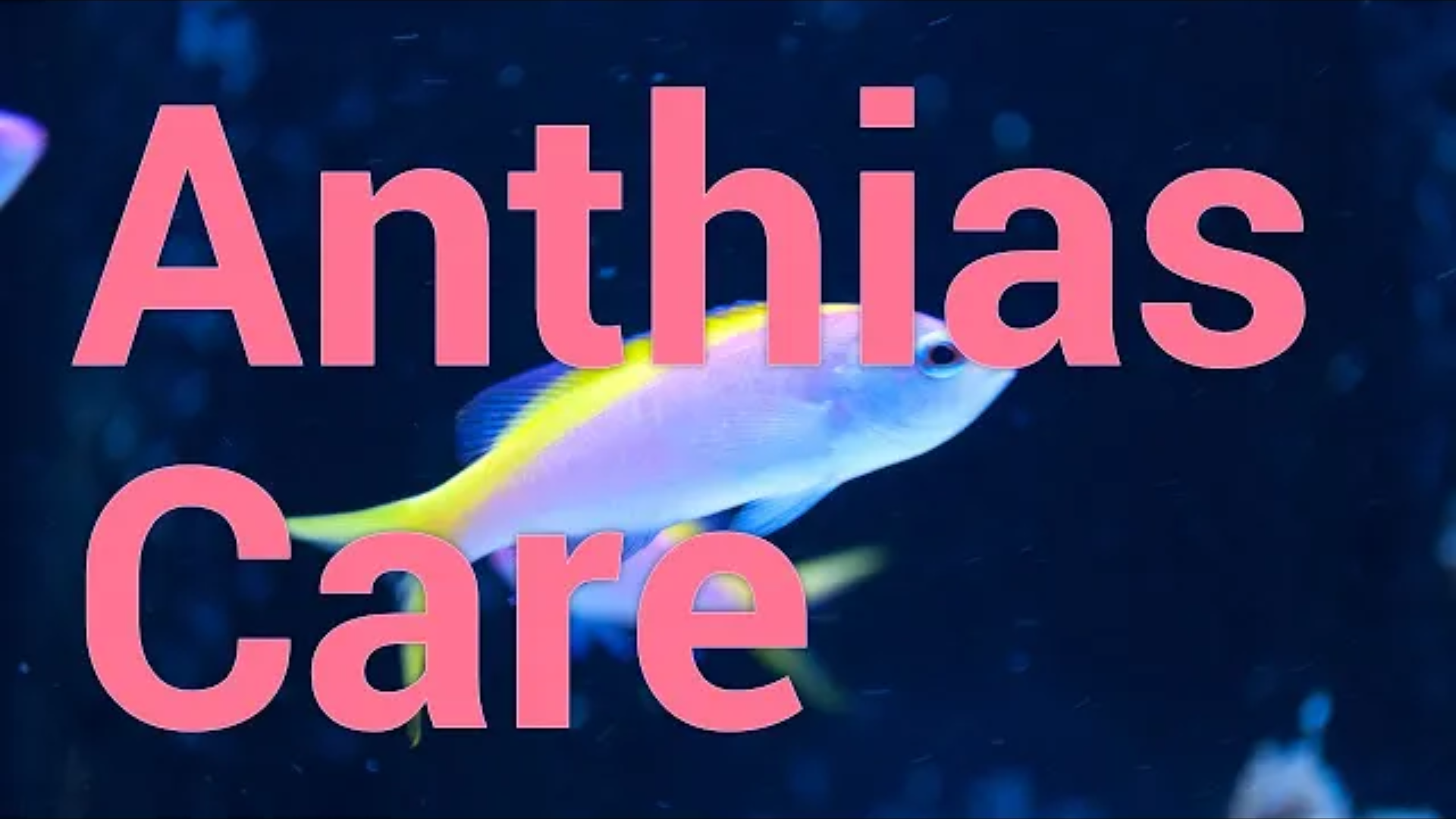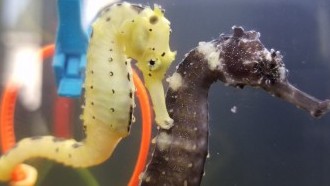How to Remove Algae in an Aquarium
- Dec 04, 2023
- Anshika Mishra
- 110 0 0

In this article, we'll discuss how to prevent and remove algae from an aquarium. This is one of the most common issues in the hobby today. How to keep your water crystal clear. There are a lot of foundational elements that are very similar to removing algae from your tank. We are going to discuss all the other main factors that contribute to algae growth in your tank.
One of the most common issues in the hobby today is keeping the hobby under control. It can sometimes make your tank look ugly; it can cover up the glass so you can't see your fish or your decor. It can even cover your live plants and not let them have the lighting they need to survive.
Luckily, there are some pretty simple ways to combat algae and get your fish tank under control. Here, we'll share some pro tips to remove algae or even grow it in your tank if that's what you want.
Introduction to Algae
Algae is a live plant that doesn't harm your fish, and it can actually be beneficial in your tank. Like other live plants you may have in your aquarium, it will feed off nitrates that build up or the excess of nutrients in your aquarium.
When plants consume nitrates, they reduce some of the toxins that could be harmful to your fish in the long term.
Another good reason you may like to have a bit of algae could be that it makes your tank look a bit more natural. Take the African Cichlid tank, for example. These fishes would destroy any live plants you add to the tank, but the green algae growing on the rocks helps reduce some of those nitrates to a small degree, and it really like the look of the rocks with that algae.
Removing Water Changes
The main thing to understand is that algae come from excess nutrient-paired with too much lighting in your aquarium. Therefore, if you want to remove algae, the first step is to reduce lighting. You can either try dimming your light strength or shorten the period of time you have your lights on and a non-planted tank.
It can be tricky with live plants in your tank that need decent lighting to grow. In that case, the next step would be to control the nutrients.
Nitrates can build up quickly if you are overfeeding your fish. Or if you are behind in some tank maintenance, such as cleaning the filter or neglecting water changes. So, if you do have live plants and algae is just overtaking your tank, try reducing the quantity of food you give the tank and see if that helps.
The next thing to try would be to do small water changes and increase your filter cleaning. However, a heavily planted water tank requires far fewer water changes since the plants consume nitrates.
You may just have too much nitrates in your tank for the plants to handle. So, if you are doing slightly more tank maintenance, you could also manually remove algae each time you do that. This will gradually get algae under control.
Algae Eater
Usually, when fish keepers try to control algae, the first thing they think of is different livestock or algae eaters. And that can be a good option, but there are some things to consider there.
The most common is the Siamese Algae Eater or Plecos. These guys will eat some of the algae. But don't rely on these fish as your main strategy. Getting a pleco won't mean that you can stop doing your tank maintenance, and you also want to research the type of fish so that you know that they'll eat the algae.
Bristlenose Plecos are one of the best options as they don't get massive like the common Pleco. But they are good algae eaters, and they won't harm your other plants.
Do know that if you add livestock to your tank, they'll also produce more waste, which in turn produces more nutrients and nitrates in your tank. The idea is to find the most balance possible for your maintenance schedule for the stocking of your tank and try to keep that as consistent as possible.
Position of the Tank
If you have the tank near a window or in direct sunlight, it can cause algae growth. Try to avoid this positioning or get blinds to eliminate that issue from the sunlight.






About author